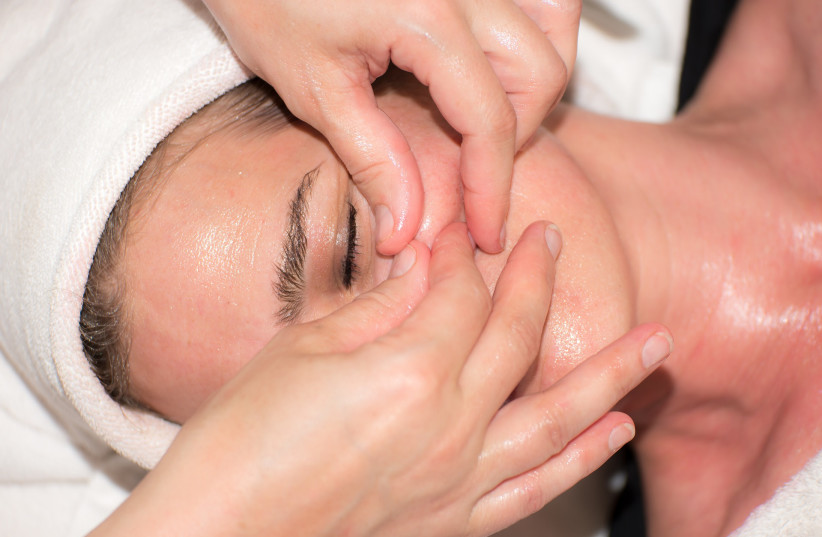The desire for natural products has grown significantly in recent years. But can this trend extend to our cosmetic routines? Do natural ingredients truly have an impact on our skin's health?
"I strongly believe in harnessing the potential of natural ingredients and extracting from what is essential for skincare, and there is quite a lot there," explained Dr. Lehavit Ackerman, a renowned Israeli dermatology expert.
Ackerman emphasizes that achieving optimal penetration of beneficial plant-based ingredients into the skin requires a unique production method involving processing and the neutralization of pollutants.
"Cosmetics companies invest significant resources to ensure that the ingredients in the creams we purchase are effective, active, and hypoallergenic," she adds.
Not all oils suitable for cooking are suitable for skin care, and not every spice found in nature or in the kitchen will have positive effects on our skin. Ackerman explained that improper usage of these substances can render them ineffective or, in some cases, cause skin irritation and acne.

So how can we make the right choices?
It is crucial to select products that contain properly processed natural ingredients specifically designed for skincare. This processing enhances their effectiveness and enables them to penetrate deeper into the skin layers. Here is a list of common natural ingredients that benefit facial skin and should be sought after in cosmetics:
- Dunaliella seaweed: Known for its high resistance to oxidation damage.
- Oil extracts: Olive oil, lavender oil, and other natural oils are rich in vitamins, nourish the skin, and maintain the epidermal barrier. Some oils also aid in skin restoration and soothing, making them effective against hot flashes.
- Aloe vera: The mucilage of aloe vera retains moisture in the skin.
- Licorice extract: Renowned for its soothing properties, it alleviates irritation and redness.
- Vitamins (E and C): These antioxidants offer maximum protection against free radicals and also treat skin blemishes.
- Gentle acids: Alpha hydroxy acids, derived from sources like grapes, lemons, and oranges, accelerate skin renewal. They are predominantly found in night products or cleansers.
- Allantoin: Extracted from the comfrey root, it possesses soothing properties that aid in skin restoration.
DIY Face Masks
While most facial care products require specialized production processes, face masks can be prepared at home.
"Homemade face masks using ingredients readily available in our kitchens and refrigerators can work wonders for facial skin," explained Ackerman.
For instance, she suggests combining avocado, rich in antioxidants and fatty acids, with oranges, which contain vitamin C and citric acid. When mixed, these ingredients form a face mask loaded with 20 different vitamins, including vitamin C for penetration and restoration and vitamin K for wrinkle reduction, dark spot reduction, and reducing puffiness under the eyes. Adding almonds provides gentle exfoliation, renewing the cells.
Ackerman also shared a recipe for a moisturizing peeling mask made from natural ingredients.
Ingredients for the peeling mask:
- 4 almonds (without shells)
- 2 teaspoons of orange juice
- 2 tablespoons of avocado
- 4 strawberries
Preparation and usage instructions:
- Wash your face with a mild, grain-free soap.
- Blend the strawberries, one teaspoon of avocado, and two teaspoons of orange juice until you achieve a spreadable paste.
- Once the almonds are ground, add them to the mixture and combine.
- Apply the paste evenly over your face, neck, and décolletage using your fingers. Allow it to sit for approximately half an hour. Avoid rubbing the skin aggressively.
- When the paste dries, gently massage the skin.
- Finally, rinse your face with water only and pat it dry with a paper towel.
The mask can be stored in the refrigerator for up to three days, ensuring it is tightly covered.
